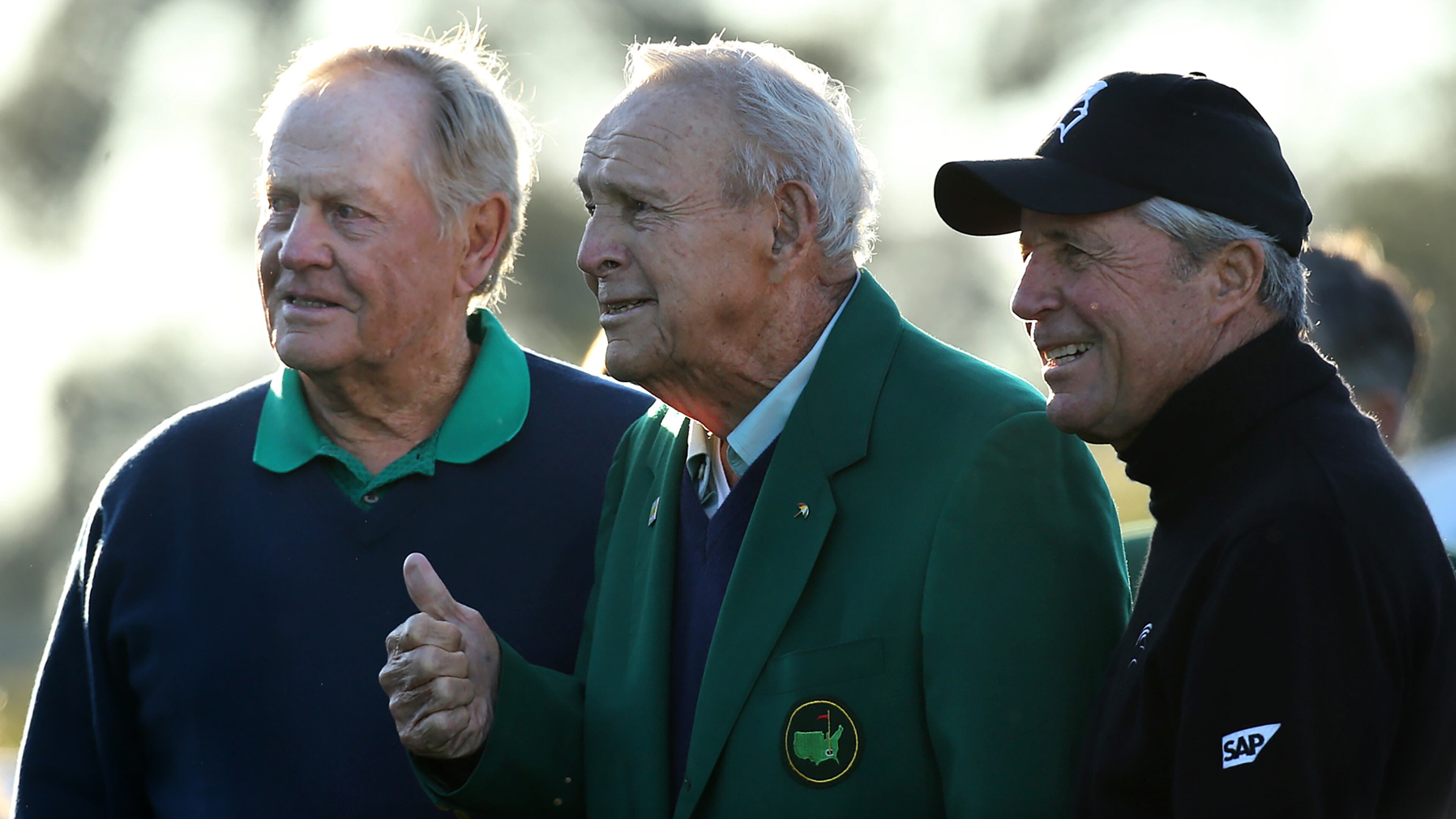Arnie's Army includes everyone today

We are all conscripts today in Arnie’s Army.
No matter if you never had the pleasure of seeing the young Arnold Palmer – the one who invented the black-and-white version of golf on television, I believe – walk an Augusta National fairway like he owned it. Because he did, you know, regardless of what they may tell you about any of golf’s other greats that roamed the grounds.
No matter if you didn't happen to be at the 2004 Masters, Palmer's 50th and last, watching this 74-year-old man slowed by shin splints brought on by the rolling terrain and humbled by consecutive rounds of 84 still seemingly smile at every blessed one of the thousands who cheered his every step. To each, as he always had, he give a little piece of himself. The man always was his own memento, freely handing out the keepsake of his personality.
Palmer had won four of his seven majors at the Masters. It was where he won his first major. It was where he would say farewell to major championship golf.
No matter if you had never awakened early on the first day of the Masters and shouldered your way as near as possible to the tee box at No. 1 for the ceremonial first tee shot. This past year, for the first time, Palmer was too frail to hit a ball, watching from a chair while Jack Nicklaus and Gary Player struck their single drive.
Palmer didn’t speak, but smiled and flashed his signature thumbs up to the gathering. Nicklaus had to brush away a tear before he drew back his club. I think we all knew that we were seeing the final act of Palmer’s long, requited affair with the Masters.
Today we all are part of Arnie’s Army, if only for long enough to salute one of those very few souls who have made their sport important and made us all the better for remembering him.

